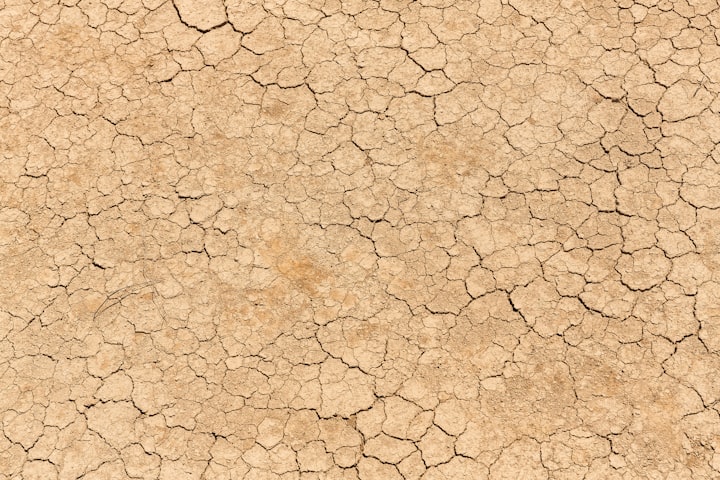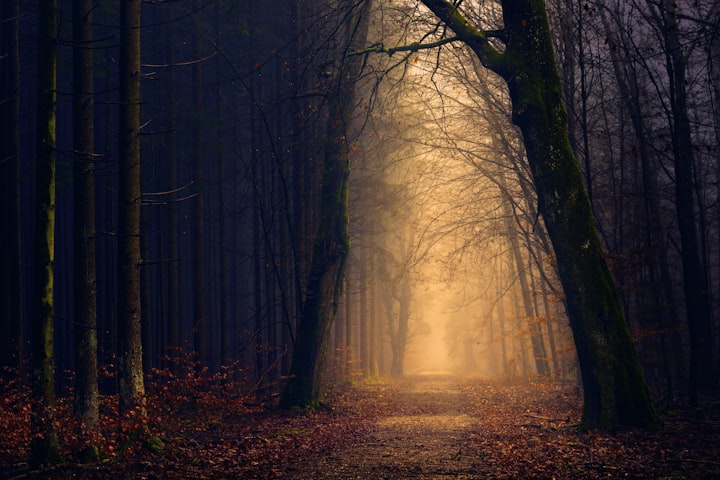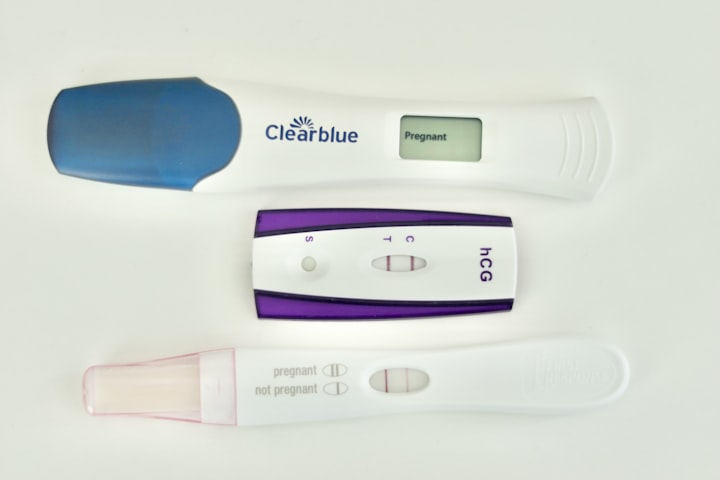The Dust Bowl
A Story of the Great Depression

“Grandpa, what was the Great Depression like?”
The question surprised me. I had not thought of those years for five decades. How could I explain those years so that my twelve-year-old grandson could understand?
“Well, you worked harder and made less.” I paused, then added, “For about ten years, then the War made some of it harder but mostly easier.”
I waited. I knew the answer would not be enough for my grandson.
“Really? Grandma still hordes food. You worked harder for less?” he laughingly said.
“The Depression was hard on your Grandma.” I thought about my answer, and I will stick by it, but I knew he wanted more. “Have I told you about driving cross country in the mid-30s?”
“No, you haven’t.”
“Well.” And then I began.
Dust flew as high as my neck as my Walker Evans boots punched through the crust of the parched ground. A small cloud followed close behind me as I hoofed it across the field. The field was as dry as any desert. Cracks in the earth broke out with each step.
The boots were a gift from my wife. I gratefully accepted them. When my neighbor Travis and I’s bid to haul feed across the country to California had won, she bought them out of her button money. How she saved up enough money sewing, I’ll never know.
We had bid $95. We would split it between the two of us. We had agonized over the bid, guessing what others would be bidding. We guessed correctly. Travis and I would keep our farms and feed our families for a few more months. And all it would take was four maybe five days, a few days to cross what the paper called the Dust Bowl, reach Los Angeles, unload the feed, then drive back empty.
“Hay,” I muttered, “must have been a hayfield.” It wasn’t anything now.
The field stretching before me ran over a set of low-lying hills. The Colorado state line was somewhere past those hills. One maybe two miles. I kept walking, wanting to see what was over the horizon.
Behind me, our truck sat next to the deserted Panhandle road, ticking quietly, cooling slowly. We had planned to drive mainly at night to escape the heat. We didn’t count on so many fuel stops being closed.
“Hey, George! Don’t go far, OK? The truck should be cool enough soon!” Waving in acknowledgment, I glanced at the truck. Travis was already lying back down in the cab. I could make out the tip of his straw hat through the open windows. On top of the stacks of feed, Robert’s huge bare feet bounced back in forth. He must have been playing his harmonica. I couldn’t hear it.
Travis had brought Robert into the deal a few days earlier. It meant less money for each of us, but he was hard-up. He hadn’t worked in months. $30 plus apiece would last each of us a while. Not as long as $47.50. An extra hand to help unload in Los Angeles would not hurt us.
Robert swore he knew people in Los Angeles, or as he called it, L.A. The man talked a lot, but I never knew if what he said was true or not. He claimed to be an out-of-work Vaudevillian or some such. He certainly knew a lot of stories. I just could not believe a man with feet that big could dance on stage without hurting everyone around him.
And boy could the man eat. I was as surprised as the waitress who served us those onion burgers at lunch. Robert had scarfed down four of them. The waitress claimed they were beef. I’m sure it was venison or possibly antelope, stringy antelope. The meat didn’t matter too much. It was more onion than meat. I’m still not sure what the topping was. It definitely was not cheese.
I finally crested the hill and looked down into a small valley. There was an old barn standing empty. Definitely an old hay barn. A small house stood near the barn. I couldn’t hear it, but its front door flapped open and then shut as the wind gusted through. Dust devils spun lazily in the front yard. I’ve never seen anything as dead as that farm.
Dreams, dead dreams. Someone has built that farm with their own two hands. And now, it was gone. They were gone. Their dreams, well, that dream had died. Hopefully, they had moved on, gone West like so many others.
I had cut hay before this trip and wish I had brought some with me. Hay was going for three times what I could get the previous week. I thought of my small farm back home, twenty-eight acres, mostly cattle, and sheep. I thought of how blessed we were that it was still green and flourishing.
Squatting down, I said a prayer for the owners and the land. Both would need healing. As I prayed, I dug my fingers in, breaking through the top crust. The crust was an inch thick. I was digging deeper, hoping to find dark earth, any sign of moisture, but I did not find any.
“Hey! Time to go!” I stood, dust drifting off my overalls. This had been a good farm. Best to remember that it can happen to anyone at any time. Feeling grateful for what we had, I walked back to the truck. “Engine’s cooled off. Let’s get a few more miles in. I’d like to see New Mexico before supper.”
We were in California late the next day. The warehouse complex was bigger than the county seat, absolutely massive. Fortunately, the loading dock was open twenty-four hours. Unfortunately, we had to wait until after midnight before we could unload the feed.
The three of us unloaded the truck in less than an hour. We counted each bag with the dock foreman. Every 50-pound bag was accounted for, and he wrote us a receipt. The warehouse foreman asked us to park and then come to his office. Travis stayed with the man, just in case, while I parked the truck. Robert loitered on the dock.
After parking our truck near the warehouse gate, I jumped out and spoke with the security guard. He told me trucks were coming in from all over the country, delivering food, water, and hay. We chatted for a while about the weather, local politics, and what land was going for now. As I suspected, land prices were going up as everyone seemed to be heading West. Hay was going for five times the home rate.
Travis showed up, waving cash above his head. “We got paid. Let’s go!”
I thanked the guard for his time then said, “Sounds good to me. Where’s Robert?”
“He’s not with you?” Travis asked.
“No, he disappeared after we unloaded. I thought he was with you.”
“Dang it, I want to get home. The lambing should start soon.”
“Yeah, I have a ewe that may drop early.”
“Let’s go find him,” Travis said, a touch of annoyance in his voice. We climbed into the truck cab, deciding to drive around the complex, looking for him. Travis was annoyed, grinding gears as he slammed the stick into second gear. He grumbled under his breath.
Travis drove past the dock where we unloaded the feed. The lights from the warehouse were incredibly bright. I rolled the window down, head halfway out the window. The night cool against my face, no more than 54 degrees. The sky clear. I could only see a few stars.
The truck bounced through a few potholes. Travis sped up without any sign of Robert, turning a curve past an immense dock with seven bays. The warehouse consisted of multiple buildings, tied together by a single wide gravel road. I knew this complex was massive. It seemed to go on forever.
After the four sets of bays, over the low rumble of the truck crunching through gravel, I heard Robert shouting, “Hey! Stop! Guys, stop!”
“Travis, hold up.” I put my hand up to accentuate the stop.
Robert ran up to my side of the truck. Jumping onto the running board, a 2×4, Robert coughed in my face. Clearing his throat, he said, “Hey, turn around and go to dock 23.”
“What? Why? Dock 23?” Travis asked. He looked in the side mirror and then looked at me. Shrugging, I nodded my agreement.
“Yeah! Trust me!” Robert said. As Travis revved the engine, turning into the next set of bays, Robert linked his arm through the handhold inside the cab. I studied him as he wiped his nose with his right sleeve. He was beaming.
Travis drove back to the warehouse with seven bays, turning the truck around. Under a fading yellow bulb, a man stood holding a clipboard next to three full pallets of fruit boxes. Travis looked at me incredulously. I just laughed.
“I told you guys. I know people everywhere.” Robert joined in laughing.
“What’s the job pay?” Travis asked as he started backing to the dock.
“Oh, fifty bucks,” Robert answered, jumping down.
We loaded the pallets and headed back home. We had to divert to Indianapolis, deliver the fruit, collect our $50, and be home a few hours later. That was our trip out West. We did it a few more times over the next two years until the War started, that is.
“Gramps, can I ask you a question?” My grandson asked. Nodding my assent, he continued, “Why?”
“Why what?”
“Why did you invite that Robert guy along? You and Travis would have made nearly $50 each without him coming along. You needed the money. It’s not like you didn’t really make any more money even with the return stuff.”
I paused and thought through my answer. How do I explain it? We knew we would make less, but we never considered not having him come along. Not after we knew he had a need. “Hmm, well, Robert was our neighbor, and he needed help. Sometimes people just need help.”
I could see his brain working away at the idea. Slowly, it came to him, and he nodded, “love thy neighbor, right?”
“Yes, exactly. Now, why don’t we stop in at Mary’s and grab a piece of pie?”
About the Creator
Jeffry Parker
Aspiring fiction novelist, I have one non-fiction title to my credit (https://amzn.to/3rUE6Cf) and several short stories, articles, and white papers. My goal is to publish my first fiction novel in 2022/23.






Comments
There are no comments for this story
Be the first to respond and start the conversation.